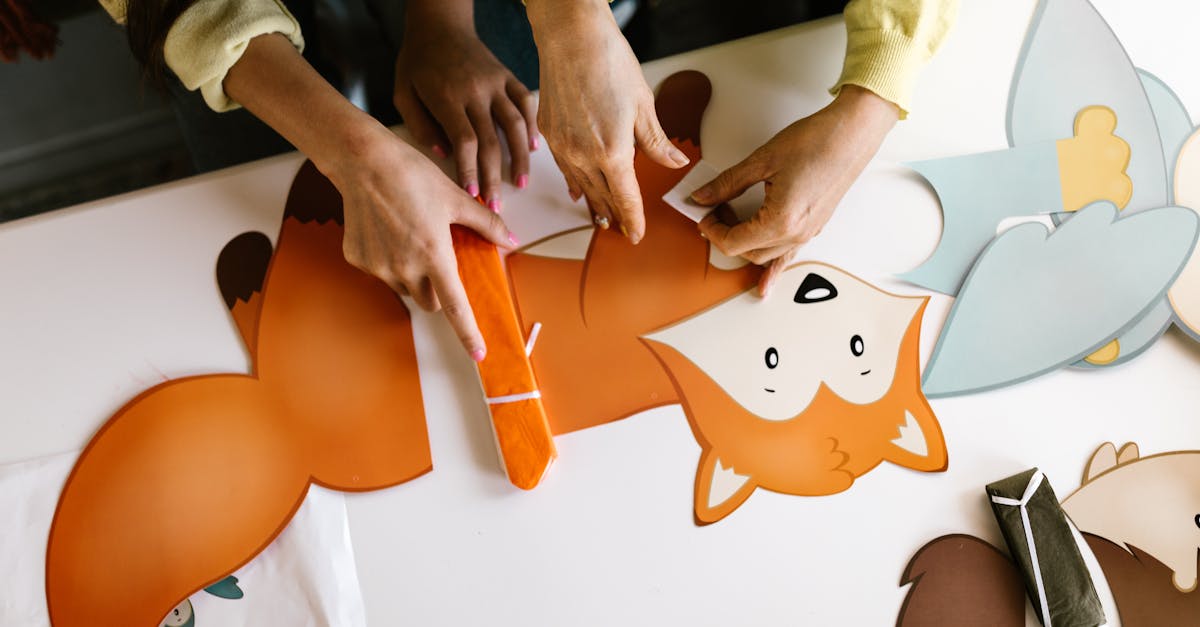Start with Storytelling
Want your kids to be interested in faith? Start with storytelling! Share age-appropriate, engaging stories from religious texts or soothe them with parables. My kids adore bedtime tales—they think Jonah and the Whale is the best thing since sliced bread. Funny voices and dramatic pauses can make these stories unforgettable. A compelling tale plants spiritual seeds in young hearts, making faith fun and relatable. Keep it simple and consistent, and watch their interest grow!

Storytelling can be a powerful tool in shaping your child’s understanding of faith. By engaging them in tales that resonate with them, you can instill valuable lessons and cultivate a sense of connection to their beliefs.
Create a Daily Routine
Creating a daily routine for faith activities ingrains habits. A short prayer before meals or a gratitude exercise at bedtime works wonders. My kids love our morning ‘thankfulness circle’—each one says what they’re thankful for. Such routines create a spiritual rhythm. The consistency helps children understand the importance of faith in everyday life. It’s these small, consistent acts that build a strong foundation.

Encourage Questions
Kids are natural-born questioners. Encouraging your children to ask questions about faith can open doors to deeper conversations. I remember when my daughter asked, “Mom, why do we pray when we can just talk?” Sometimes their questions are tough, but honest answers foster trust. Use these moments to explain and explore your beliefs together. Questioning leads to understanding, which solidifies their faith foundation.

Be a Role Model
Being a role model is crucial. Children observe and mimic, so let them see you practicing your faith. In our home, Sunday mornings mean we’re all volunteering at the shelter. My kids see me act on my faith, inspiring them to do the same. Actions speak louder than words, and your behavior can be a silent sermon. Practice kindness, forgiveness, and kindness—your kids will notice and follow suit.

Use Multisensory Experiences
Kids learn better through multiple senses. Incorporate multisensory experiences in your faith teachings. Singing hymns, lighting candles, and engaging in crafts are great ways to make faith tangible. Just last week, we made clay figurines of significant religious characters. These hands-on activities make abstract beliefs real and exciting. Remember, what children do, they remember!

Join a Faith Community
Joining a faith community can reinforce what you teach at home. Being part of a community offers support, shared values, and a sense of belonging. We joined a local faith group, and my children love their friends from Sunday school. Community activities help reinforce faith values while providing emotional support. It’s comforting to know you’re not alone in your journey.

Celebrate Milestones
Celebrate milestones to mark spiritual growth. Whether it’s a baptism, first communion, or memorizing a religious text, celebrating these moments makes them memorable. We threw a small party when my son recited his first prayer. Marking these occasions can be both fun and meaningful. It acknowledges their efforts, and joy keeps them engaged with their faith journey.

